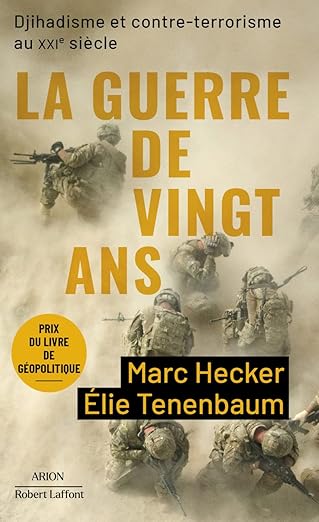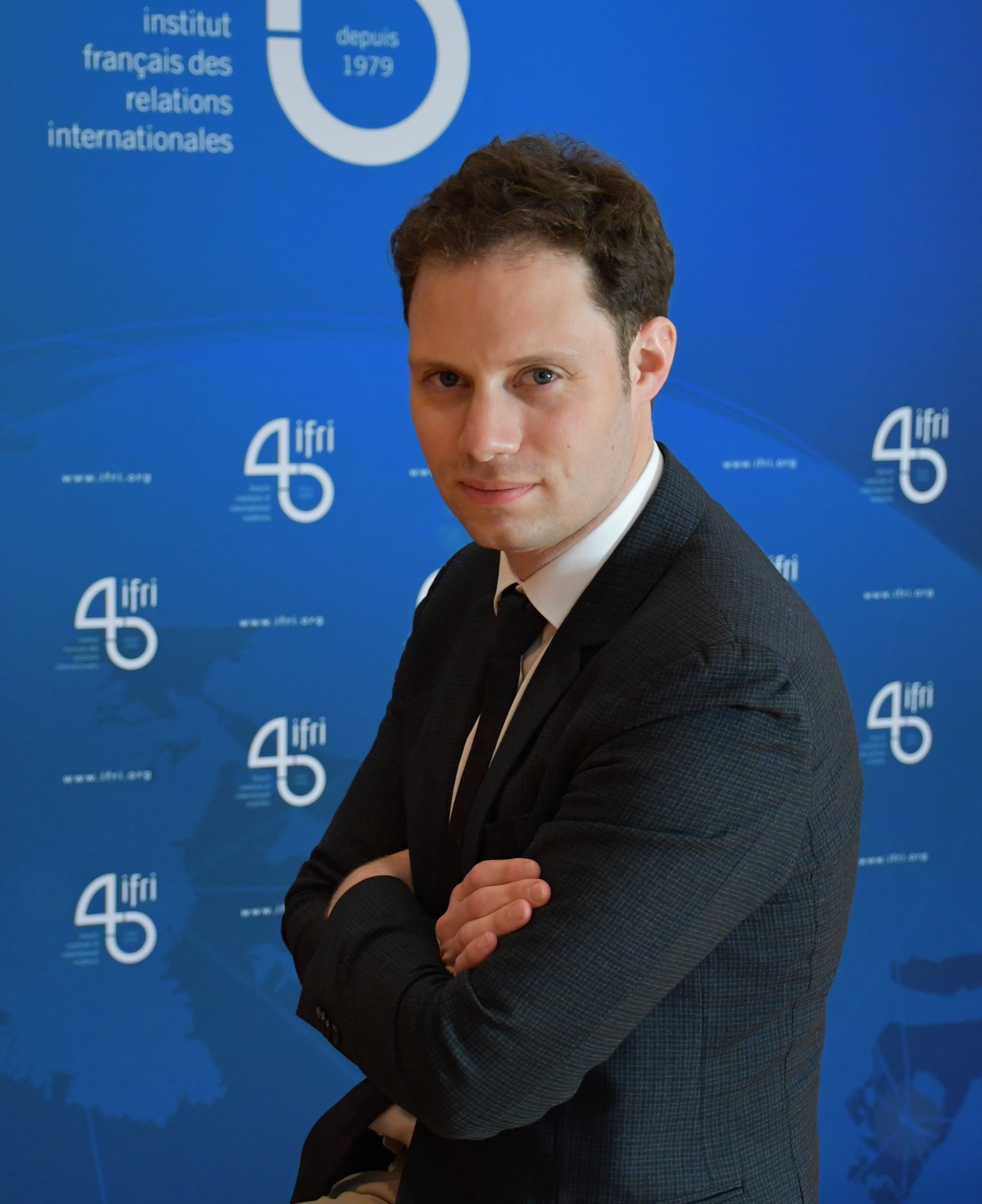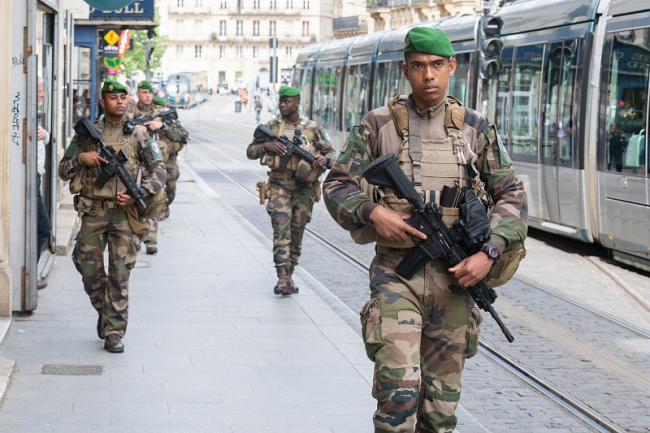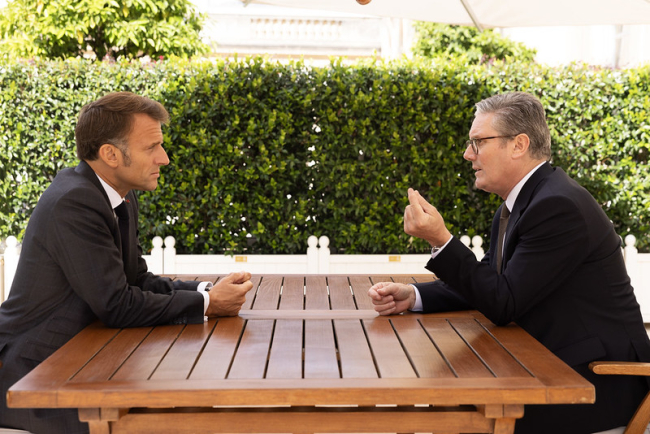La Guerre de vingt ans. Djihadisme et contre-terrorisme au XXIe siècle

La Guerre de vingt ans was awarded the Prize for the best book on geopolitics in 2021.

It has already been twenty years since the World Trade Center towers came crashing down. Who would have believed that, two decades later, the global war on terrorism continues without an end in sight? From the sands of the Sahara to the jungles of southeast Asia and from the Iraqi plains to the Afghani mountains, the West and its allies are still chasing down the jihadist movement with faultless determination. The threat is not limited to far-off countries; Europe, and especially France, have paid a high price for this long conflict.
Al-Qaeda has shown remarkable resilience, and several new groups, like ISIS, have since appeared. The fall of the so-called “caliphate” as proclaimed by ISIS does not signal the end to the organization, much less to its deadly ideology. There are now two to three times more jihadist fighters in the world than at the start of the twenty-first century. This discouraging figure from an endless war begs the question: what have we done in the last twenty years? Despite hundreds of thousands of human lives lost and considerable sums spent in the war on terrorism, why is the threat still so high?
This exceptional book, the fruit of several years of field investigations, offers the first history of the war on terrorism from 2001 to today. The authors decipher the strategic dynamics of this conflict by explaining why it is so difficult to break the spiral of violence and look back over these two decades of fighting in order to find essential lessons for the future.
La Guerre de vingt ans. Djihadisme et contre-terrorisme au XXIe siècle [The Twenty Years' War. Jihadism and Counter-terrorism in the 21st Century], Robert Laffont, 448 pages, 29 avril 2021.
Foreign rights enquiries: [email protected]

Related centers and programs
Discover our other research centers and programsFind out more
Discover all our analysesSaudi Arabia’s Nuclear Temptations. Lessons Learned from Regional Instability
Saudi Arabia’s integration in the international arena and regional stability, notably through reducing its dependence on fossil energies, are crucial elements for the success of the Kingdom’s Vision 2030, the Crown Prince’s top priority. However, Mohammed bin Salman’s declarations in 2018 and 2021, indicating that “if Iran develops a nuclear bomb, we will follow suit as soon as possible”, combined with the recent strikes on key Iranian nuclear facilities, do not bode well for the future of the Kingdom, the region and the non-proliferation regime at large.
The Future of Air Superiority. Command of the Air in High Intensity Warfare
Air superiority, understood as control of the air, is a cornerstone of the Western art of warfare. It is a decisive condition, albeit not sufficient by itself, to achieve military victory, as it enables the concentration of air power toward the achievement of wider strategic objectives and protects other components from unbearable attrition levels. It is best achieved through the offensive use of air power in a joint effort to neutralize the enemy’s air power.
Europe Uncovered?
As Russia continues to threaten Europe, the Trump administration is making no secret of its desire to withdraw—at least partially—from the defense of the Old
Continent in order to focus on strategic competition with China. It is thus putting pressure on its European allies to increase their investment in the military sector. The NATO Summit in The Hague in June 2025 resulted in ambitious commitments by member states to increase their defense spending.
How should Britain and France cooperate to realise the Northwood Declaration?
During his state visit to the United Kingdom (UK) last week, Emmanuel Macron, President of France, signed a joint declaration with Sir Keir Starmer, Prime Minister, on nuclear cooperation between Britain and France. The Northwood Declaration highlights that while both countries’ nuclear arsenals remain sovereign, cooperation on nuclear deterrence can ‘contribute significantly’ to the security of the North Atlantic Treaty Organisation (NATO) and the Euro-Atlantic region.

















